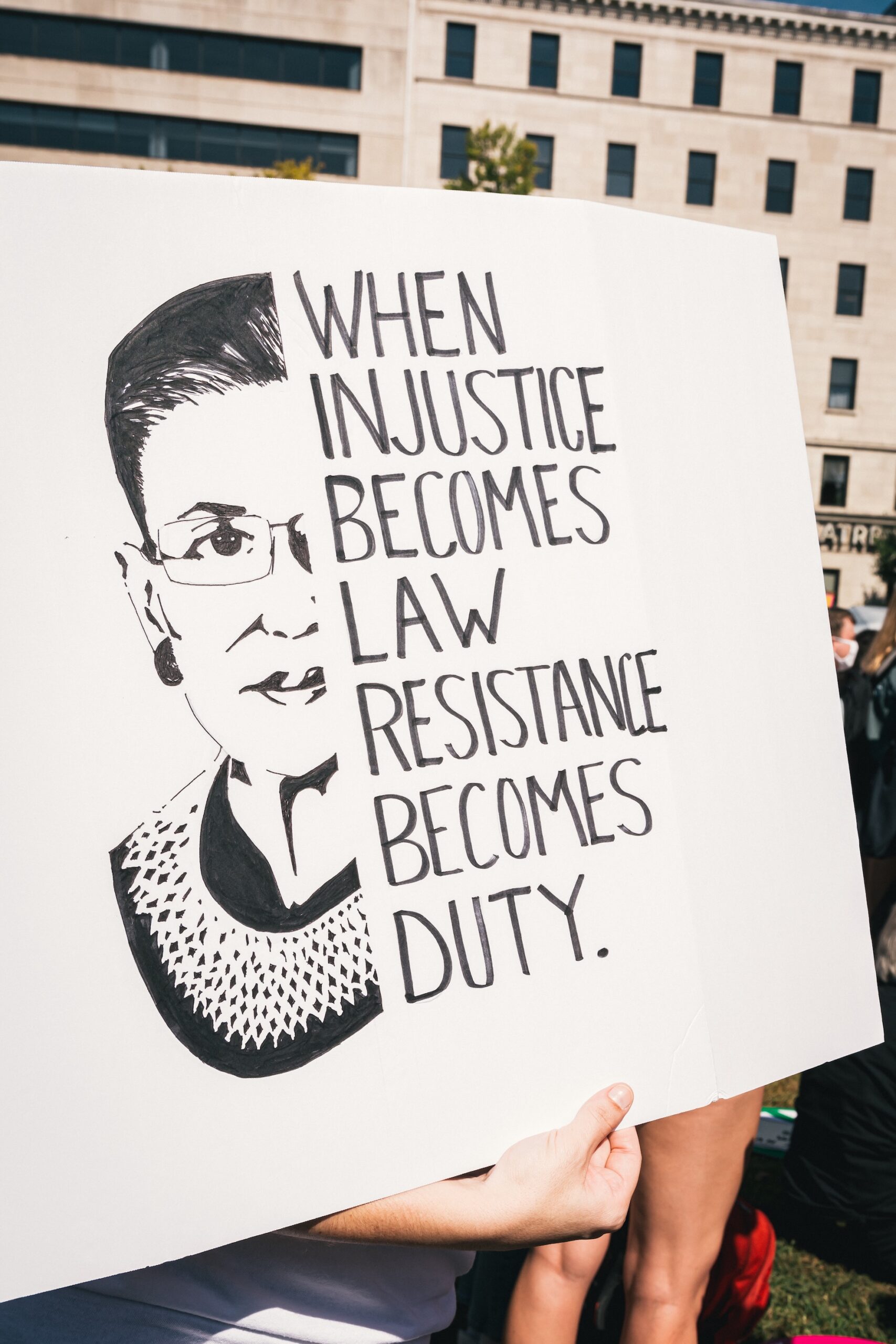On this day in 1919, Prohibition was legalized with the ratification of the 18th Amendment to the Constitution. Today, we view this period as a wasteful, punitive and ill-conceived intrusion on the lives of Americans. This era is often noted in conversations about the need for criminal justice reform and more humane drug policies that center equity and emphasize harm reduction. Use this anniversary to discuss how far our nation has come in upholding the values of Redemption and Community.
Tag: health justice
Family and Medical Leave Act of 1993 (FMLA)
On this day in 1993, President Bill Clinton signed into law the Family and Medical Leave Act of 1993 (FMLA) which requires most employers to provide job-protected and unpaid leave for qualified medical and family reasons to their employees. The law was an important step for worker rights but today advocates are pushing for paid family and medical leave for all workers. Cite the values of opportunity and equity when discussing this anniversary.
Black History Month
While Black History Month is officially commemorated during February, we honor Black history and celebrate Black excellence and futures year-round. This month — and into March — opportunities abound for telling an affirmative story about racial justice in the United States. Cite the values of voice and community in sharing these resources with your audiences.
ACT UP
ACT UP (AIDS Coalition To Unleash Power) held its first-ever demonstration on this day in 1987. The protest on Wall Street targeted pharmaceutical companies that were profiteering from the epidemic. ACT UP brought widespread attention to the AIDS epidemic and helped make significant advances in AIDS research. Discuss this anniversary and the ongoing need for healthcare and LGBTQ activism. Cite the values of voice, equity, and community.
Affordable Care Act (ACA)
On this day in 2010, President Barack Obama signed the Affordable Care Act (ACA) into law. More than 20 million people gained health coverage through the Act. Despite advances in coverage under the ACA, the United States continues to have one of the most expensive and least equitable healthcare systems among developed countries. To discuss the anniversary and current healthcare debate, cite the values of economic opportunity and community.
Ruth Bader Ginsburg
Supreme Court Justice Ruth Bader Ginsburg was born on this day in 1933. Before becoming the second woman on the Supreme Court, the late Justice had a long legal career as an advocate for gender equality and women’s rights. As a cultural icon, her impact transcended courts. When discussing her legacy, it’s also important to note her mixed judicial record on issues of race and criminal justice, with particularly damaging decisions for indigenous rights. Cite the values of economic opportunity and voice.
Abortion Provider Appreciation Day
Today is Abortion Provider Appreciation Day to recognize staff who work every day to ensure that patients have access to the full range of reproductive health care options — including safe and legal abortion. Use this day to talk about the intersectional issues of reproductive justice and economic opportunity. Cite the values of voice, equity, and community.
International Women’s Day
Today is International Women’s Day. Use this event to discuss the importance of intersectionality and the need for both equity and inclusivity to guide collective action towards gender justice. Cite the values of voice, equity, and economic opportunity.
Women’s History Month
Women have long led the struggle for equal rights across movements — from voting to LGBTQ+ equality. And yet, women continue to bear unequal burdens, with women of color being hit particularly hard by economic, public health, and other inequities. As you celebrate Women’s History Month, emphasize the vital role that women have played in the struggle for racial justice, economic opportunity, and inclusive democracy. Cite the values of equity and voice.
Dr. George Tiller
On this day in 2009, an anti-abortion extremist assassinated Dr. George Tiller in Wichita, Kansas. Tiller was the medical director of Women’s Health Care Services. Use the anniversary of Tiller’s death to uplift the work of reproductive justice and the deadly consequences of legislation that restricts access to abortion. Cite the values of equity, economic opportunity, and community.





